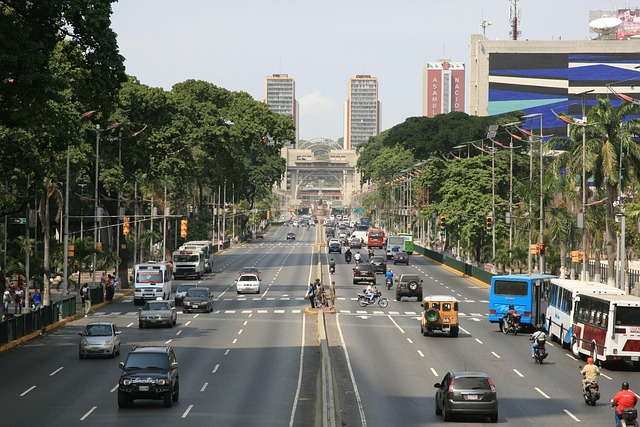 We remember the 1983 film Trading places. It was about a bet, about whether heritage or environment was superior or subordinate. Could a black guy from the slums, given the right conditions, lead a long-established brokerage firm to success? And would a successful stockbroker become a crook and vagrant if his circumstances changed as well?
We remember the 1983 film Trading places. It was about a bet, about whether heritage or environment was superior or subordinate. Could a black guy from the slums, given the right conditions, lead a long-established brokerage firm to success? And would a successful stockbroker become a crook and vagrant if his circumstances changed as well?
As an experiment, the two rich and respected brothers Mortimer (Don Ameche) and Randolph (Ralph Bellamy) Duke bet on whether environment or heredity is the most important factor in human development. They arrange for two other men to switch places; one is the beggar Billy Ray (Eddie Murphy) who gets a nice job and a nice home, and becomes a highly regarded employee of Mortimer and Randolph, Louis Winthorpe III (Dan Aykroyd), who loses his job, home and is falsely accused of various illegalities. In the midst of all his misfortune, however, he meets the kind-hearted prostitute Ophelia (Jamie Lee Curtis) who helps him.
When Billy Ray, by eavesdropping on a conversation between Mortimer and Randolph, finds that his happiness is only temporary, and Louis finds that his misfortune was deliberately caused by the brothers, they together concoct a plan for revenge. They also realise that the bet was only for one dollar, a symbolic amount for both brothers, who are immensely rich and don’t care if they ruin people’s lives.
What is really more important, the deep inherent qualities or the external veneer that can be learnt and changed?
Today we have a new experiment. Take the richest and most orderly country in the world; what would happen if the conditions changed? If we imported a few million people from another culture, would the successful country still exist, or would it collapse into a total banana republic? We eagerly await the outcome.
Which is more important, heritage or environment?







